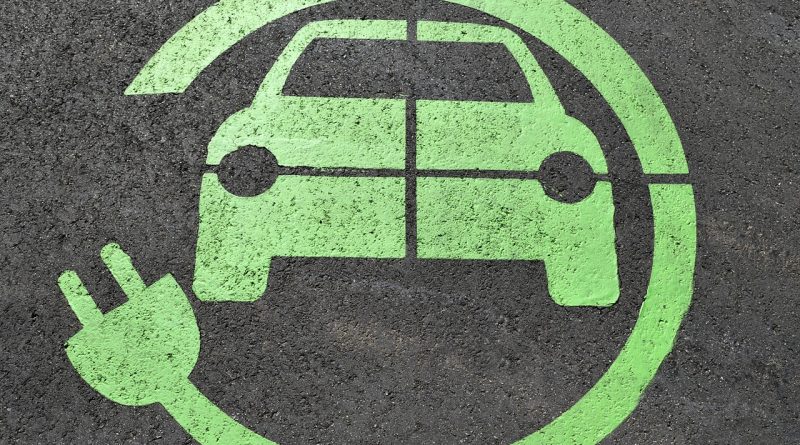Green Cars to be Common Production Vehicles by 2016
Where would people be without their cars? Environment Canada has begun the promotion of its green cars, which are to be the majority of the selection of new cars, by 2016.
The government-mandated green cars will be about 30 per cent more fuel-efficient while Environment Canada claims they will cost consumers 5 per cent more to purchase at an average $25,000 vehicle. They also add that what a consumer loses at the dealership, they will gain at the pump within a year or two, depending of course, on the price of fuel.
Auto analyst Dennis DesRosiers, of DesRosiers Automotive Consultants, says “the government estimates do not factor in the cost of any subsidies offered to buyers of green vehicles. On top of that, the technologies required meet CAFE (corporate average fuel economy) come with big price tags. Direct fuel injection, lightweight materials, advanced transmissions, cylinder deactivation systems, gas engines that generate combustion like diesels and all the rest cost more than $1,200 per car to develop and produce for the marketplace.
Many auto experts wonder who is going to pay for all this infrastructure of an electric vehicle fleet and if the government has really included all the costs of producing advanced ‘green’ technologies into cars. Technologies such as plug-in hybrids, pure electric cars, gasoline and diesel-electric hybrids as well as cars that run ultra-clean diesel are some of the fleet-wide fuel economy cars we can expect.
Over the next six years, Canada and the United States are expected to set the new fuel economy standards for the new vehicles. By 2016, the new stanadars will see consumers driving vehicles that get a combined average of 6.6 liters / 100 km or 35.5 miles to the US gallon.
“Let me say what everyone refuses to acknowledge: These standards are impossible to meet,” notes DesRosiers. Think about this: In Canada, we have witnessed a 1.0 litre per 100 km improvement in the last 25 years, moving from 11 litres per 100 km to 10 litres per 100 km. Roughly 10 per cent. And this was an era of unprecedented technological improvement. Does anyone truly believe that we can now move to below 7.0 litres per 100 km in the next six years? I fully understand the potential for hybrids, electrics and other advanced power trains, but this level of improvement is just not achievable.”
FUEL EFFICIENCY OF CANADIAN CARS BY SEGMENT (LITRES/100 KM) (1982 / 2007) Subcompact 6.65 / 6.75
Compact 7.79 / 7.65
Intermediate 10.93 / 9.11
Sport 10.66 / 9.63
Luxury 10.95 / 9.88
FUEL EFFICIENCY OF CANADIAN LIGHT TRUCKS BY SEGMENT (LITRES/100 KM) (1982 / 2007) Small 11.02 / 10.07
SUV 13.44 / 11.93
Intermediate SUV 12.99 / 13.78
Large SUV 16.39 (year 2000) / 12.30
Luxury SUV 12.14 / 11.95 Large Pickup
[Source: DesRosiers Automotive Consultants]
It is certain that the cost of vehicles will only increase as the years pass, and buying more fuel efficient cars will cost more as well.


